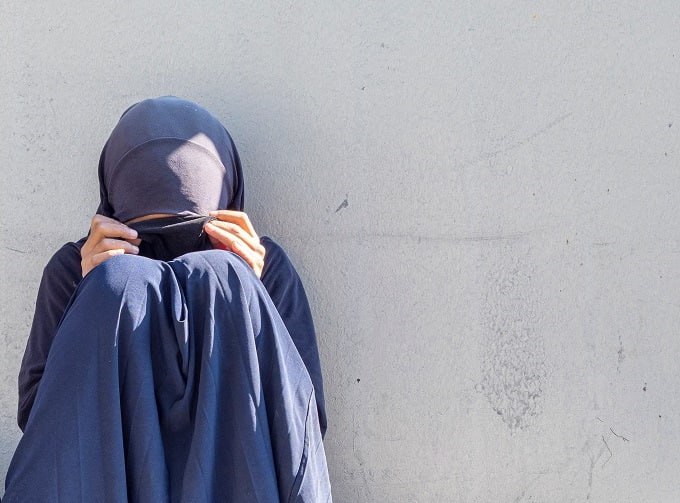Women’s rights in Afghanistan: An ongoing battle
Women’s rights have been an intense battleground between different actors for over a century, with periods of promising reforms followed by resistance and often reversals of progress

Since the Taliban regime overtook the country in mid-August 2021, Afghanistan’s record on women’s rights has been manifestly one of, if not the worst, worldwide. Despite promises to ‘uphold women’s rights in line with Sharia law’, from the very first weeks of its rule, the Taliban started suppressing the rights of their citizens, with women the main target of restrictions. As well as prohibiting women and girls from traveling without a male relative, the Taliban have also denied them post-primary education, banned them from numerous public places and restricted their employment to health care and primary education. In December 2022, women were also banned from working for non-governmental organisations (NGOs) in most sectors.
This crackdown on women’s rights has attracted considerable international condemnation, including from Muslim states. In response to the regressive policies, many international donors have reduced or threatened to halt their humanitarian assistance, upon which the country is strongly reliant. It is feared that women could, unintentionally, be those most impacted by this reduction or suspension of humanitarian aid. The Taliban nevertheless appears inflexible, leaving international actors with a dilemma as to how to proceed.
The European Union (EU) has been engaged in Afghanistan since the mid-1980s and has prioritised advancing Afghan women’s rights. While changing its terms of engagement, it has continued to provide humanitarian aid and to support civil society. The European Parliament has followed the situation closely and recommended further action to support Afghan women and girls.
This briefing analyses the current situation of women’s rights in Afghanistan, taking a long view. Women’s rights have been an intense battleground between different actors for over a century, with periods of promising reforms followed by resistance and often reversals of progress. This helps to explain how a country, where women won voting rights in 1919 – earlier than in most of the Western world – has ended up by treating its female population in a manner possibly amounting to a crime against humanity.